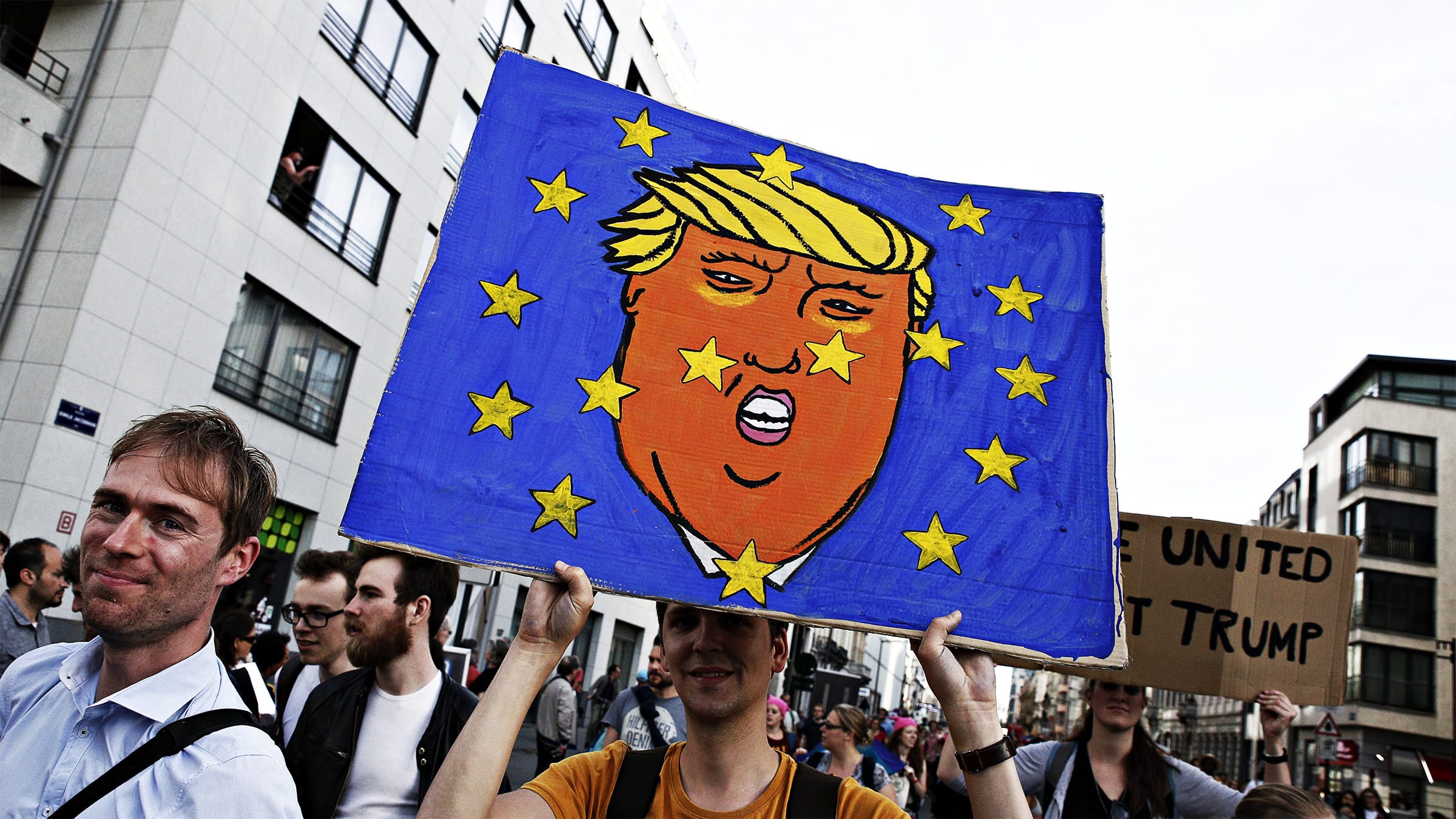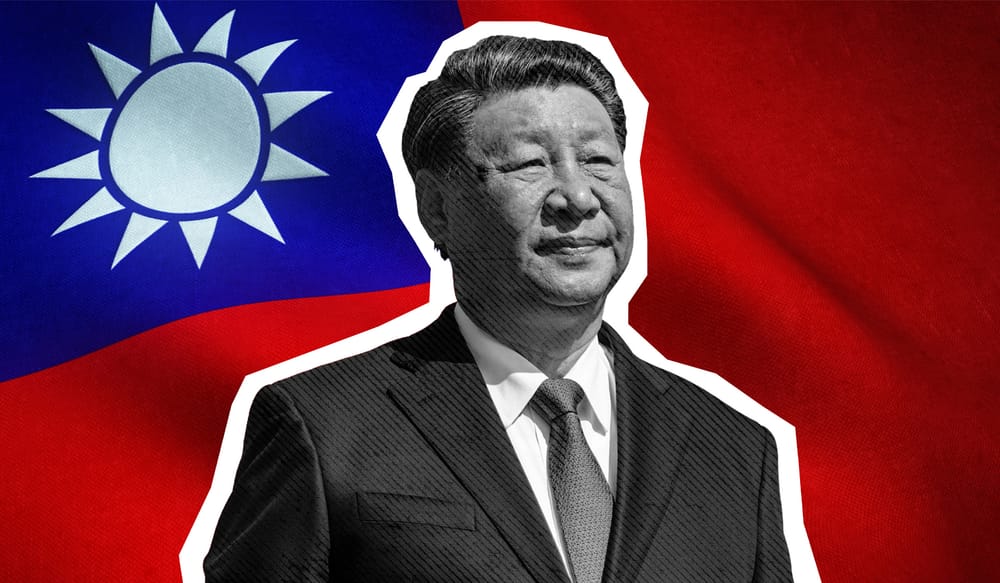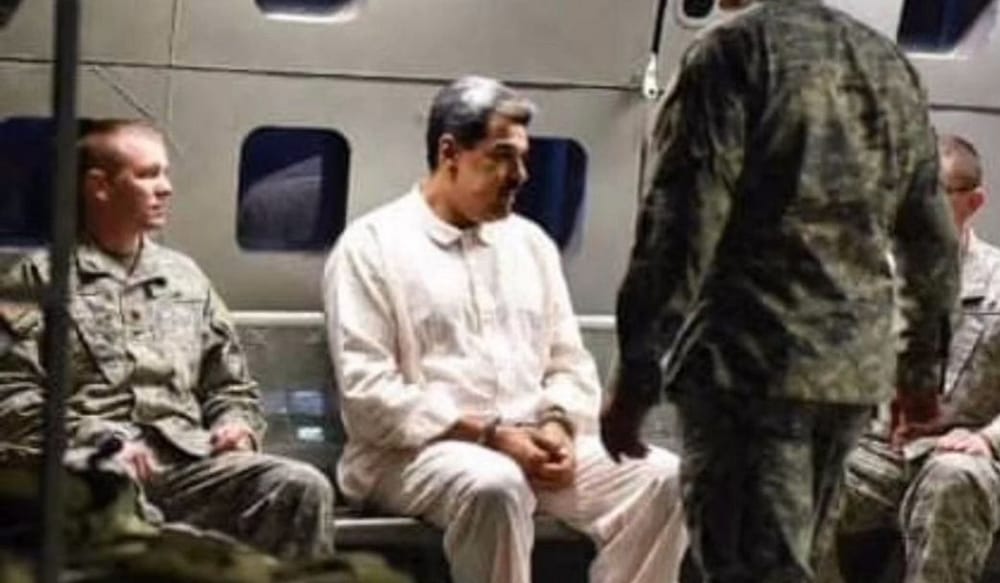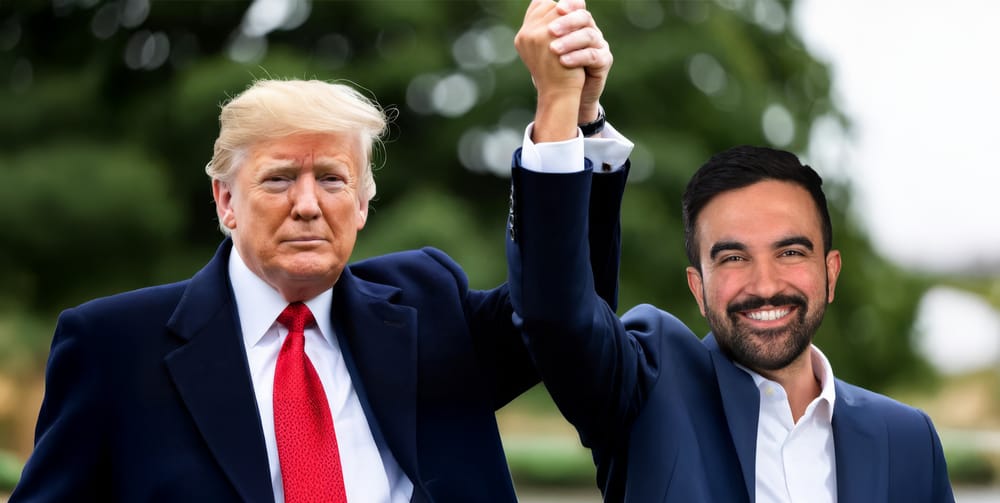A month into Trump's second presidency his administration is making moves towards resolving the war in Ukraine. His announcement of a likely meeting with Vladimir Putin in Saudi Arabia, to discuss ending of the war, and US Defense Secretary, Pete Hegseth's concession that Ukraine can't expect to return to pre-2014 borders or ever hope to join NATO, prompted cries of protest across Europe.
In reality, this starting position isn't realistically much different than could have been expected of a Biden or Harris administration – although it is bizarre that American cabinet members would publicly divulge their position long before any talks are to take place. Surely that's not in line with the Art of the Deal.
That said, even the biggest optimists in the Democratic Party did not see a path for a military victory for Ukraine and, let's remember, they themselves dithered for a long time before sending meaningful aid after the Russian invasion of 2022.
In other words, painting Trump's efforts as some sort of a betrayal of the people of Ukraine and a grave injustice that they have to contend with loss of internationally recognised territories, is unfair since almost everybody else involved expected that to happen eventually.
However, the war in Ukraine is largely misunderstood in America, chiefly by the members of the political right, and the US president has now surrounded himself with people who seem to comprehend even less about it than he does.
Trump's trademark self-confidence in the international arena is built on his instinct, rather than precise knowledge, that the USA is a power vastly stronger than almost any other opponent, so he can get other countries to concede to his will and do whatever he pleases.
And, indeed, his instinct is usually right, because it is most often the case.
But not this time.
Three wars
The war in Ukraine was never meant to happen – not even Russians intended it.
Putin's goal was to waltz into Ukraine and seize it just like he did in Crimea in 2014, unopposed, with local military withdrawing in fear of approaching Russians.
The West, too, expected the country to fold within a few days and either be absorbed by Moscow or become some sort of a puppet state a'la Belarus.
But as Ukrainians resisted and Russians got increasingly bogged down, what started as a "special military operation" transformed into the deadliest conflict in Europe since World War 2.
In parallel, however, Russia has had to face economic wars waged on it by both the EU and the US, which targeted it with a growing barrage of sanctions that eventually began to strain its economy.
In fact, the main problem for Russia isn't the kinetic warfare going on in Ukraine but the consequences of economic isolation from its old, wealthy customers in Europe.
Keeping bombs flying isn't cheap, of course, but it has people employed, while foreign mercenaries provide cannon fodder required for Putin to avoid popular mobilisation that the society may protest against and which would exacerbate an already acute brain drain.
However, with inflation hitting over 10% and the central bank's benchmark interest rate at eye-watering 21%, the country can't really hope to function normally for much longer.
Growing prices will upset the society further, while exorbitant borrowing costs strangle both business and consumers by limiting access to badly needed money.
That's why Moscow will not achieve its goals if the peace agreement does not involve sanctions relief – especially from the EU, which used to be the biggest consumer of Russian hydrocarbons, that the Kremlin cannot replace with anybody else, not even China.
Given American leverage over Ukraine's military, which depends on Washington's support in equipment and ammunition, Trump believes he can impose his will on Kyiv regarding the ongoing fighting. He can also trade US sanctions on Russia in exchange for some concessions from Putin.
But he can't decide what Europe does.
Trump is helping the EU after all
Putin hopes that by holding isolated talks with Trump he stands a better chance at getting a deal that both EU leaders (+ UK) and Ukraine will treat as fait accompli while blaming the outcome on Washington.
However, by constantly bashing Europe, Trump and his cabinet are pushing it to resist any deal with Russia that would be brokered without its involvement.
On the one hand, Americans like to point out how European allies are not paying enough for their defence as a part of NATO and that they should take greater responsibility for themselves. On the other, they are proposing dangerous concessions to end the war in Ukraine, which directly affect European security.
If Americans keep insisting that Europe takes care of its own defence then the best way for Europe to do it is to leverage economic sanctions it imposed on Russia to extract concessions from Moscow in Ukraine – independently of the US.
Prior to the invasion of 2022 Russia's trade with the US amounted to about 20-30 billion USD – about ten times less than bilateral exchange with the EU, which was Moscow's top trade partner.
Trump's belief that he is holding all of the cards is rooted in his and his cabinet's ignorance of the reality of the conflict and overestimation of American involvement in it.
Since it has been used so effectively against domestic political opponents, accused of wasting excessive sums of money on foreign conflicts while Americans suffer, it is being treated as fact, regardless of what the numbers bear out.

And the numbers show that not only has Europe disbursed and pledged far more aid to Ukraine that the US, but the nature of American help – being mainly military – means that most of the billions it spent have gone to... American companies manufacturing equipment and ammunition used in the war, contributing to their profits and domestic employment (ironically, things that the MAGA Republicans profess to care deeply about).
By endlessly threatening Europe Trump is inadvertently helping it to stand on its own two feet and stop relying on the US for security assurances. "Carrot and stick" only works if there's a carrot involved, but Trump's America is yet to dangle one for the Old Continent.
It's one thing to talk about general defence obligations of NATO members, is something entirely different to negotiate with Putin over their heads, placing a powder keg right under their noses.
Let's be clear – negotiating any kind of settlement that does not involve NATO-like security guarantees for Ukraine (including permanent presence of foreign troops) would be just a repeat of Neville Chamberlain's deal with Hitler in 1938 that was meant to save Czechoslovakia from being absorbed by Nazi Germany.
Memory of that shameful prelude to World War 2 may not be strong in the US but remains a lesson that most of Europe still remembers.
And given that Russia needs Europe to withdraw sanctions against it, the future of Ukraine will not be decided by Donald Trump and Vladimir Putin, as long as major European leaders maintain a united front.









